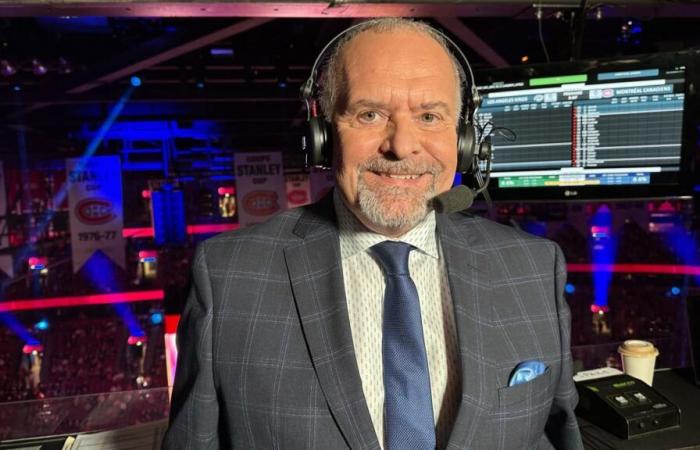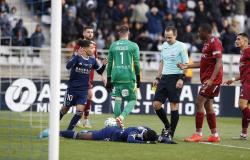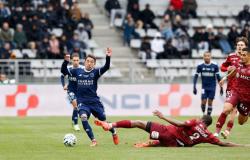Houde’s career began in Montreal radio when he was 18, alongside his late brother, Paul. The latter was a giant of the Quebec radio and television industry who was three years his senior and who died last March following complications resulting from brain surgery.
Initially wanting to pursue a career as a chartered accountant, Pierre Houde then changed his mind and instead completed studies in marketing. Working for a music radio station on weekends, and talking about sports between songs, Houde caught the attention of a - producer. He was hired by the national French-language television network to describe the rowing, canoeing and kayaking events at the 1984 Olympic Games in Los Angeles.
Houde was then a revelation, seeking to tell human interest stories in addition to describing the races and reciting the usual statistics. His talent did not go unnoticed and, in 1989, RDS hired him.
Throughout a career that goes from strength to strength, Houde has described dozens of rounds of the Stanley Cup playoffs and the Stanley Cup Final 12 times. Since 1993, he has also described Formula 1 races for RDS and has participated in the telecast of 13 editions of the Olympic Games, including this summer in Paris in the role of prime time studio host for the network.
It was Olympic hockey that gave Houle his most exhilarating moment as a describer, when Sidney Crosby scored the “golden goal” that helped Team Canada win the gold medal at the Olympic Games of 2010 in Vancouver.
“While I would love to have memories of this magnitude that relate to the Canadiens, and there are plenty of Habs games I could talk about, that goal in Vancouver was so important for so many reasons,” he indicated.
“When I described Sidney’s goal, I stopped talking because I wanted people in their living rooms to enjoy the moment without me interrupting them. This is the biggest moment that comes to mind. »
Houde considers that there is a common denominator between all the sports he describes, summer or winter.
“The basis is always, ‘Where is the dramatic plot, the human factor, what is the reality unfolding before us?’ It’s all about the fact that these are human beings competing live, trying to be the best at what they do. Hockey is something where you have to be half a second ahead of what’s going to happen, otherwise it’s already certain that you’re going to be late. »






